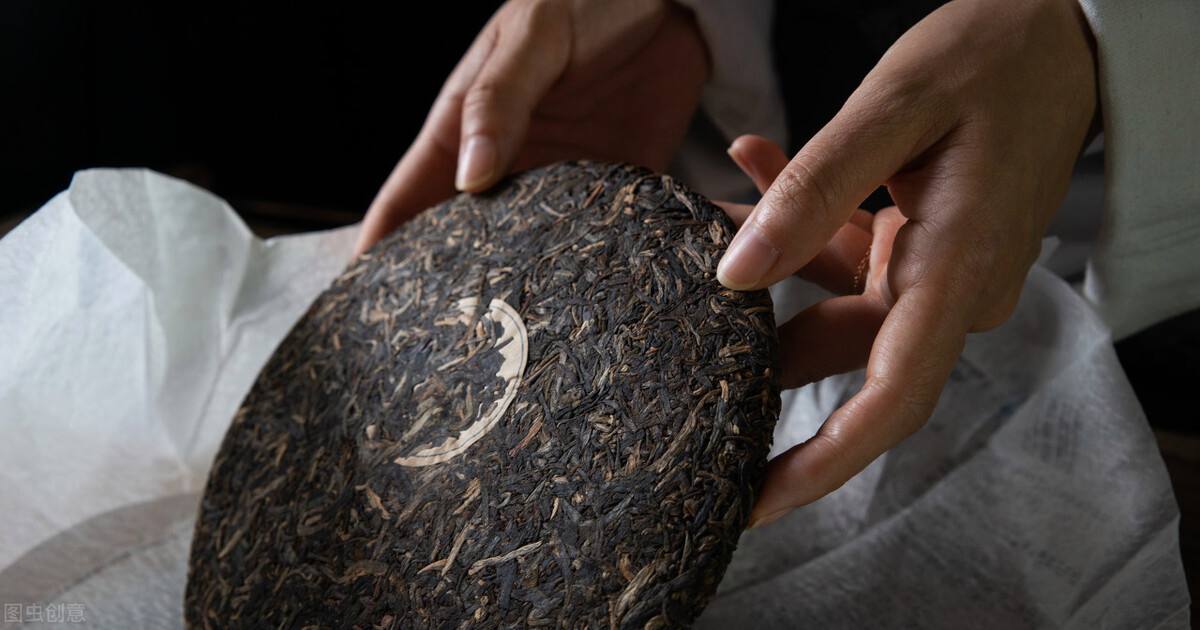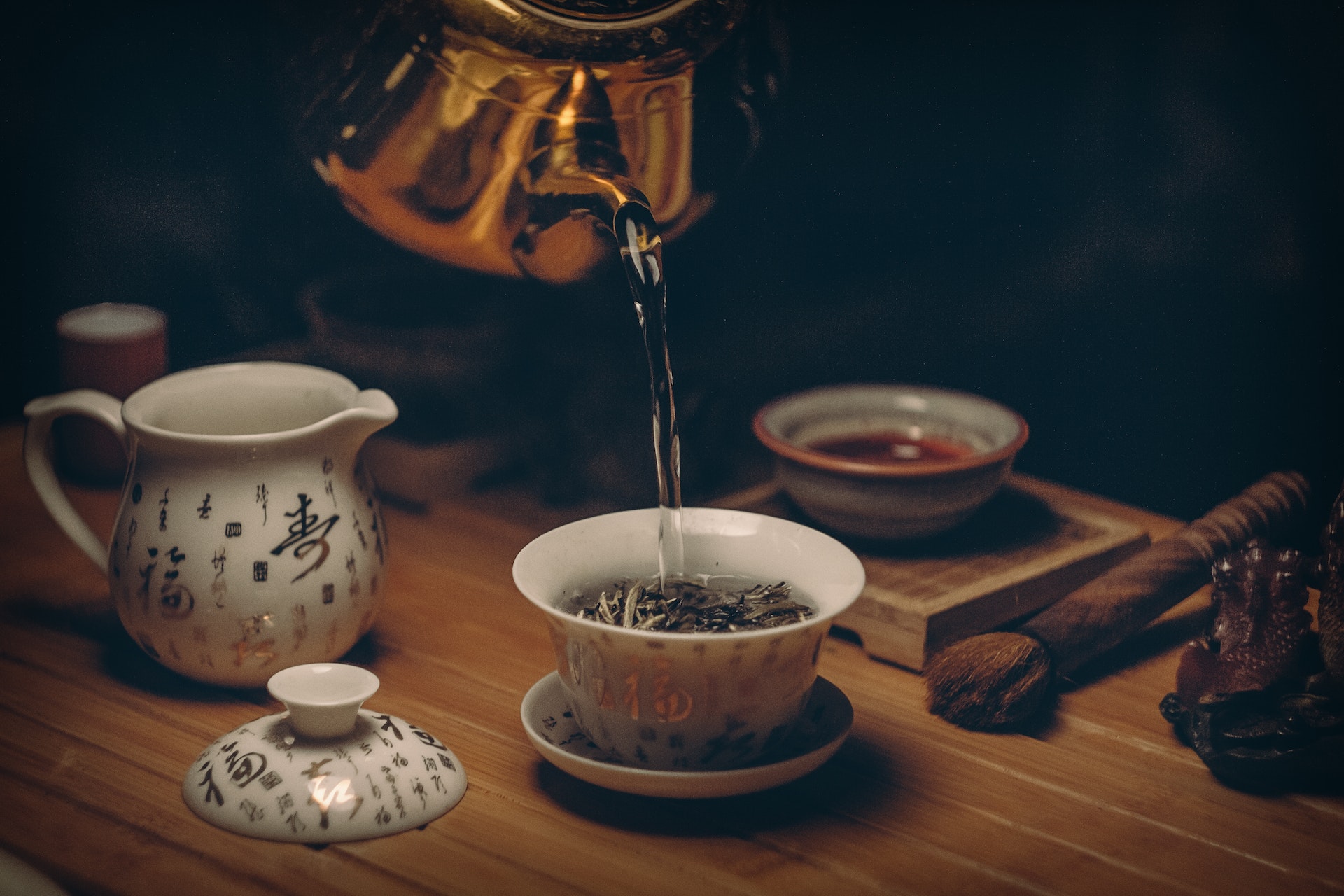Puerh tea is a fermented tea that has been used traditionally in China for many years due to its potential health benefits. This tea is a popular choice among people who are looking for natural remedies for inflammation due to its potential anti-inflammatory properties. Inflammation is a natural immune response of the body that can lead to several diseases, including arthritis, cancer, diabetes, and heart disease. In this article, we will explore the potential benefits of puerh tea for inflammation and the scientific evidence supporting these claims.
What is Puerh Tea?
Puerh tea is a type of fermented tea that is mainly produced in the Yunnan province of China. The tea is made by harvesting leaves from the Camellia sinensis plant and then processing them through a natural fermentation process that can take several months to years. The fermentation process involves exposing the tea leaves to moist conditions, which stimulate microbial growth and change the chemical composition of the tea. Puerh tea is usually categorized into two types: raw puerh (also known as sheng puerh) and ripe puerh (also known as shu puerh). Raw puerh undergoes a natural fermentation process, while ripe puerh undergoes an accelerated fermentation process.

Puerh tea contains several compounds, including polyphenols, flavonoids, and caffeine, which are known to have potential health benefits. Polyphenols are plant-based compounds that have antioxidant and anti-inflammatory properties. Flavonoids are a type of polyphenol that is found in tea, fruits, and vegetables and is known to have potential anti-inflammatory effects. Caffeine is a stimulant that can improve mental alertness and concentration.
Anti-inflammatory Properties of Puerh Tea
Inflammation is a natural response of the body to harmful stimuli, such as bacteria, viruses, and toxins. However, chronic inflammation can lead to several diseases, including arthritis, cancer, diabetes, and heart disease. Several studies have shown that puerh tea may have potential anti-inflammatory effects due to its high content of polyphenols and flavonoids.
Several studies have investigated the effects of puerh tea on inflammation. One study published in the Journal of Agricultural and Food Chemistry showed that puerh tea extract exhibited anti-inflammatory effects in rats with induced colitis, a type of inflammatory bowel disease. The study found that puerh tea extract significantly reduced inflammation in the colonic tissue.

Another study published in the Journal of Functional Foods found that puerh tea extract reduced inflammatory markers in mice with induced chronic inflammation. The study showed that puerh tea extract reduced the levels of pro-inflammatory cytokines and increased the levels of anti-inflammatory cytokines.
One study published in the BMC Complementary and Alternative Medicine investigated the effects of puerh tea on inflammation in human volunteers. The study found that consuming puerh tea for four weeks significantly reduced levels of C-reactive protein (CRP), a marker of inflammation. The study also showed that puerh tea significantly reduced levels of interleukin-6 (IL-6), another marker of inflammation.
In a randomized, placebo-controlled study published in the International Journal of Food Sciences and Nutrition, 55 obese adults consumed either puerh tea or a placebo for eight weeks. The study found that puerh tea consumption reduced levels of several markers of inflammation in the blood, including CRP and tumor necrosis factor-alpha (TNF-alpha).
Mechanism of Action
The anti-inflammatory effects of puerh tea are believed to be linked to its high content of polyphenols. Polyphenols are antioxidants that help protect the body against oxidative stress, which is a major contributor to inflammation. Puerh tea is also believed to modulate the immune system, reducing the production of pro-inflammatory cytokines and increasing the production of anti-inflammatory cytokines.

Caffeine is a stimulant that can also have potential anti-inflammatory effects. According to a study published in the Journal of Nutrition, caffeine can inhibit the activity of enzymes that promote inflammation and reduce oxidative stress. The study also found that caffeine can improve mental alertness and concentration, which can help to reduce inflammation.
Other Potential Health Benefits of Puerh Tea
Puerh tea is also known to have other potential health benefits, including:
1.Weight loss:
Puerh tea contains compounds that can help to reduce the absorption of fats and increase the metabolism of fats, which can lead to weight loss.
2.Heart health:
Puerh tea can lower the levels of LDL cholesterol, which is known as the “bad” cholesterol, and increase the levels of HDL cholesterol, which is known as the “good” cholesterol. This can help to reduce the risk of heart disease.
3.Digestive health:
Puerh tea can improve digestion and reduce the risk of gastrointestinal diseases, such as stomach ulcers and diarrhea.
4.Immune system health:
Puerh tea can improve the function of the immune system, which can help to reduce the risk of infections and diseases.
Conclusion
Puerh tea is a fermented tea that is known to have potential health benefits due to its high content of polyphenols, flavonoids, and caffeine. Several studies have shown that puerh tea may have potential anti-inflammatory effects due to its antioxidant and anti-inflammatory properties. Inflammation is a natural immune response of the body that can lead to several diseases, including arthritis, cancer, diabetes, and heart disease. Puerh tea may help to reduce inflammation and improve overall health. However, more research is needed to fully understand the effects of puerh tea on inflammation and to determine the optimal dose and duration of consumption.

